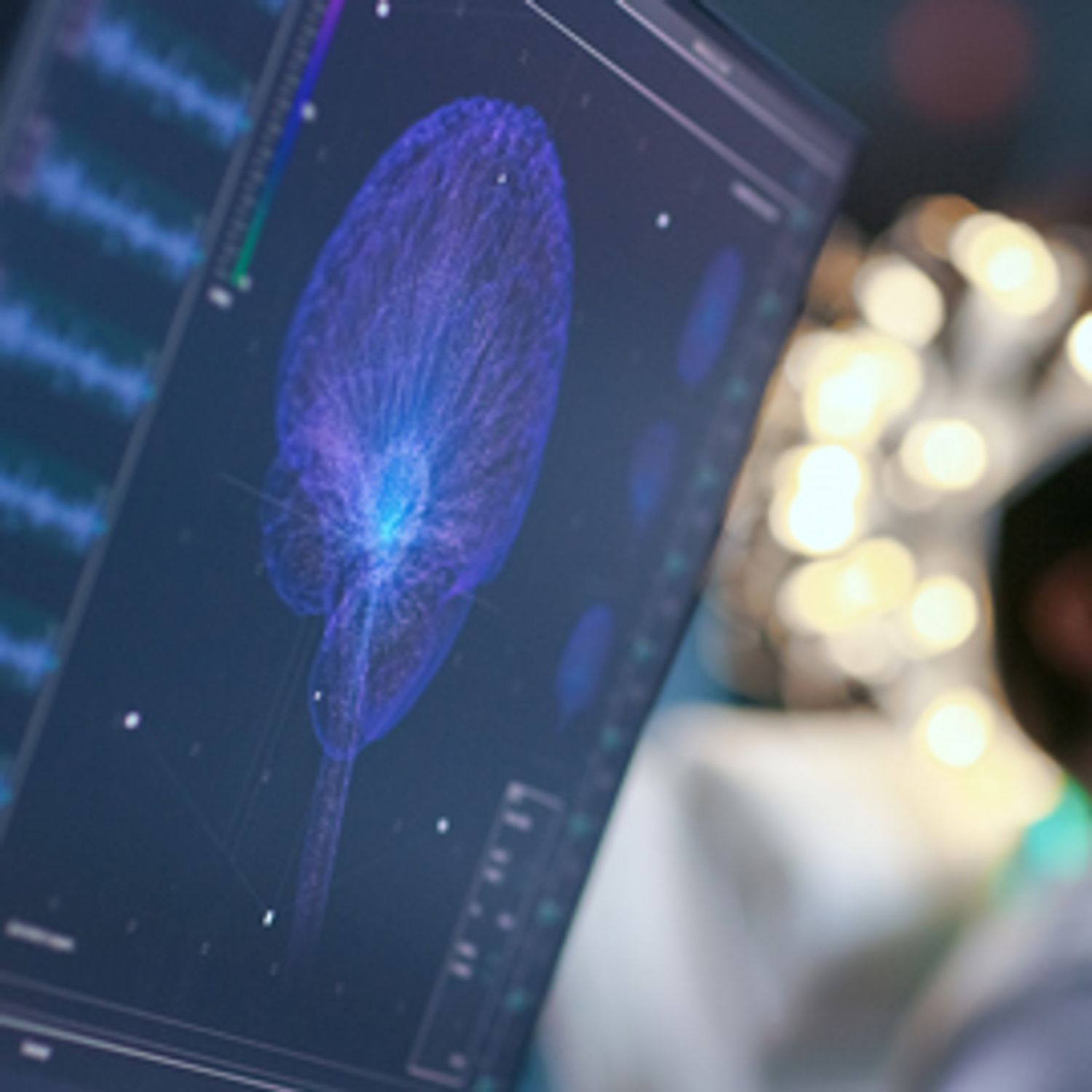How Neuro-linguistic Programming can be used in addiction treatment
‘Neuro’ is to do with the brain. ‘Linguistic’ is to do with language.
Neuro-Linguistic Programming (NLP) is a psychological approach which analyses strategies which may be used by successful individuals. These are then applied to the person to reach a personal goal.
This type of therapy relates to language, patterns and thoughts of behaviour which may have come to light through experience. The individual then uses these experiences to achieve their outcomes.
All human action is seen as positive in this type of therapy. The importance being that if a plan fails it isn’t good or bad but it is just viewed as useful information.

Neuro-Linguistic Programming is used within addiction treatment as it stems from emotional strength. Addiction makes you feel helpless and NLP helps to build resilience to the emotional roller-coaster.
The NLP framework can be used and applied to almost any problem in life which is why it works for addiction treatment. It breaks down each behaviour into smaller pieces of information which make it easier for the individual to understand. It allows the person to address the root cause of their addiction and create a step-by-step plan to change.
During a Neuro-Linguistic Programming session the therapist works with the individual to understand you better. They help identify your thinking, thoughts, behaviours, aspirations and emotional states. After this, the therapist will attempt to outline the persons map of the world with their primary representational system (PRS).
Once the foundation is formed an array of techniques is used to potentially change the thinking, feelings and behaviour of said person in certain situations.
For example:
- Anchoring - Relating an action as a trigger for particular emotional states
- Rapport - Practitioner mirrors some of the clients’ unconscious physical actions – creating a quick rapport and using empathy to better guide client towards their goals
- Swish Pattern - Person is guided to visualise regular patterns of behaviour/though and adjusts these to get desired outcome
- Visual/Kinaesthetic dissociation (VKD) - Uses visualisation to dissociate negative thoughts/feelings with an event
- Association - Opposite of above
- Failure Into Feedback - Lack of success is feedback rather than failure.
NLP is related to Neuroscience as it looks at how people function. Neuroscience set a foundation for NLP therapy. This looks at the complexity of the brain and how human brain neurons connect with each other. Through this science NLP was formed as it focuses on the brain as well and how we can alter our thoughts and behaviours to achieve recovery.
Neuroscience is the study of the nervous system. It looks at structure and function, development to degeneration, in health and in disease. It primarily focuses on the brain. The brain being so complex it controls who we are and what we do.
Whereas NLP is both focused on the brain, language and behavioural patterns learned through experience. With this type of therapy, it is believed that these can be changed to achieve specific goals in life.
It can be an empowering tool during recovery. It enables you to gain insight and develop a plan to understand what you want to achieve. If you have overwhelming emotions this therapy helps to break these down into bite sized parts which help develop change in small steps.
There are many benefits of using Neuro-Linguistic Programming including:
- Clarity on your vision, purpose and values
- Overcoming limiting beliefs
- More self-confidence
- Managing difficult people
- Developing new strategies for problem solving
- Dealing with pain
- Breaking behavioural patterns
- Developing stronger and healthier relationships
- Dealing with unexpected situations in life
- Understanding the capabilities, strategies and mindsets of successful people
At East Coast Recovery we use techniques which are inspired and influenced by Neuro-Linguistic Programming. While we don’t practise NLP on its own, we recognise that it can be a successful therapy to help people achieve complete recovery. We take some of the key elements and incorporate them into our programme to help you on your road to recovery.
